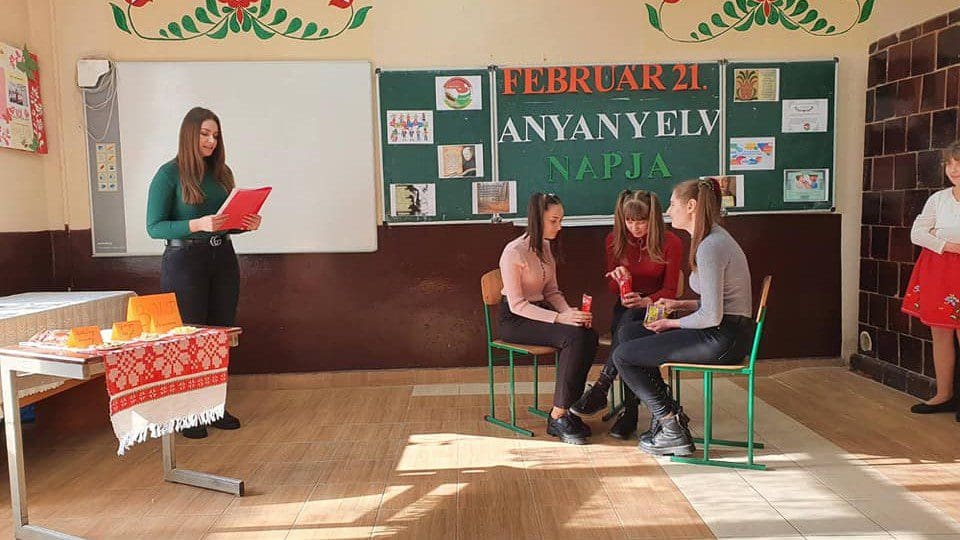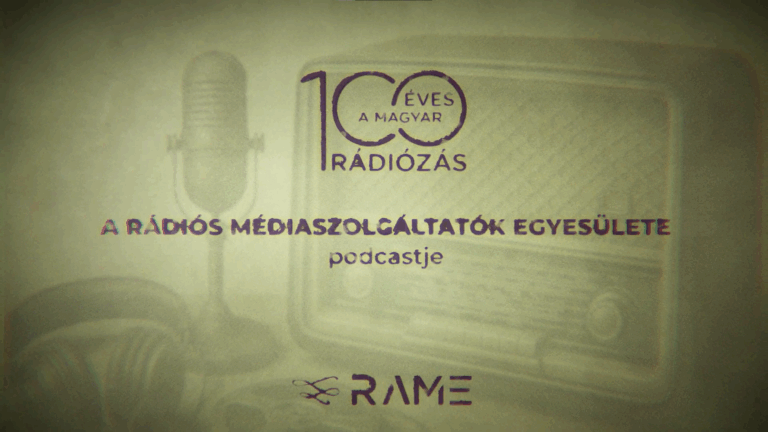On 21 February International Mother Language Day is celebrated, a day dedicated to promoting linguistic and cultural diversity. The main goal of the day is to protect and preserve all languages used by people all around the globe. The idea of celebrating mother languages was proposed by Bangladesh, therefore, 21 February also marks the day when Bengali-speaking people fought for the recognition of their language in East Bengal, at that time still part of Pakistan.
2023 Is UNESCO Year of Multilingual Education
This year’s day is dedicated to ensuring that each child is thought in their mother tongue. UNESCO selected 2023 to be the year of multilingual education to help transform schools from the earliest grades possible in such a way as to allow and facilitate multilingual education. Over the years, UNESCO has found that multilingual children perform better in schools if they are given a chance to conduct their studies, even if only partially, in their first language. Ensuring school children’s access to mother language education is also key to protecting those 40 per cent of the 6700 languages spoken world-wide that are threatened with extinction.
Government Assists Diaspora Hungarians in Preserving Their Mother Tongue
This year’s theme, ´Multilingual education, a necessity to transform education´ is especially relevant for those whose mother tongue is Hungarian. World-wide, there are around 13 to 15 million Hungarian speakers, only less then 10 million of whom are living in Hungary. Romania, Ukraine, Slovakia and Serbia are all home to a considerable Hungarian-speaking community, while members of the Hungarian diaspora live in Canada, Austria and Israel, too. 6 per cent of Romania’s population (approximately 1.2 million people) speak Hungarian as their mother tongue, while 9 per cent of Slovakian citizens (0.5 million people) are also ethnically Hungarian. 250,000 Hungarians live in Serbia and 150,000 Hungarians live in Ukraine, making Hungarian the second and fifth largest linguistic groups in the respective countries.
Guaranteeing access to education in Hungarian to the Hungarian minorities abroad is an important goal of the Hungarian state, to help preserve these historical, indigenous communities living not far from the country’s borders. The Hungarian government provides financial aid for schoolchildren to enable them to learn in Hungarian, and has introduced a special visitor programme so that students from the kin state and Hungarian children from neighbouring countries can engage in cultural exchanges.
In addition, the Orbán government keeps the question of Hungarian minorities at the top of its foreign policy agenda.
Minister of Foreign Affairs and Trade Péter Szijjártó recently said: ´We want and will protect the rights of the Hungarian national communities all over the world´.
Ukraine Limits Hungarian-language Education with Controversial Laws
While the Hungarian minority in Romania is also facing significant challenges—we have recently covered this issue in an interview with MEP Loránt Vincze—, over the past year it has been the Hungarian minority’s rights in Ukraine that significantly deteriorated. From the fourth grade on, classes available in Hungarian are set to gradually decline to 40 per cent of all thought courses, while secondary school final exams and university applications will be no longer available on Hungarian. The most recent Ukrainian minority legislation—that we covered earlier here—that does not ensure the use of minority symbolism, comes on top of the 2018 Education Act and the 2019 Language Act that both infringe upon national minorities’ rights to use their mother tongue in Ukrainian education and public administration. While the 2018 law deprived minority groups of access to secondary and tertiary education in their own languages, the 2019 legislation established Ukrainian as the state language, further restricting the use of minority languages in the public sphere.
Today, on International Mother Language Day dedicated to promoting multilingual education, Hungary remembers those ethnic Hungarians whose right to use their first language in education is restricted.








